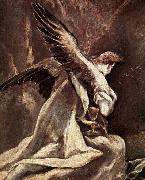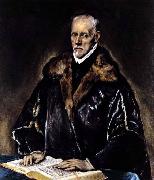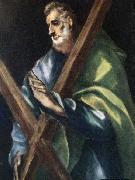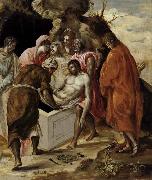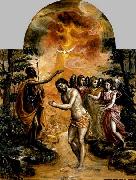Öl auf dem Segeltuch,das echte Aroma von alten Meistern

|
|
|||
| Greek-born Spanish Mannerist Painter, 1541-1614 | |||
|
|
|||

| |||
|
|
|||
|
|
|||

| |||
|
|
|||
|
|
|||

| |||
|
|
|||
|
|
|||

| |||
|
|
|||
|
|
|||

| |||
|
|
|||
|
|
|||
| Vorheriger Künstler Nächster Künstler | |||





